Difficult Names by Warsan Shire
For Those With Difficult Names
You ever feel like you don’t quite fit in? Like you’re caught in between? Well that pretty much sums up my childhood. I always felt a bit out of place. At home, gentle jokes by aunts and uncles reminded me that I wasn’t Somali-Somali because I couldn’t speak the language. At school, my distinct name brought on the infamous “where are you from” question and the “you’re not black black” statement. As a kid caught in-between cultures, I felt like I was constantly trying to negotiate a place for myself in this world.
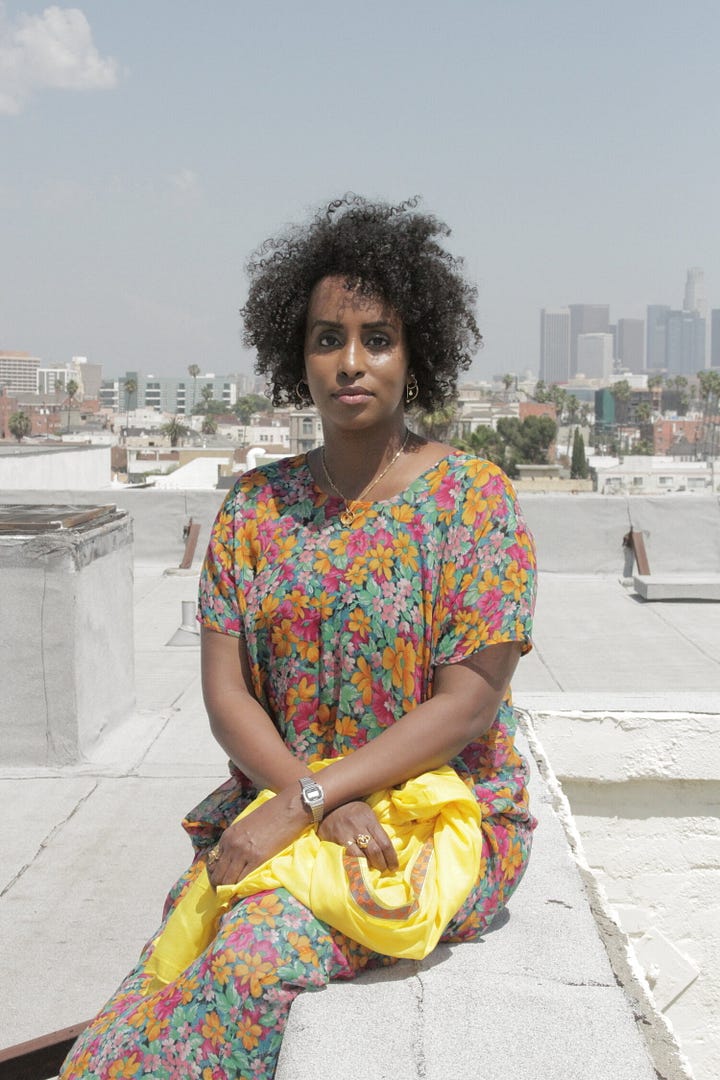
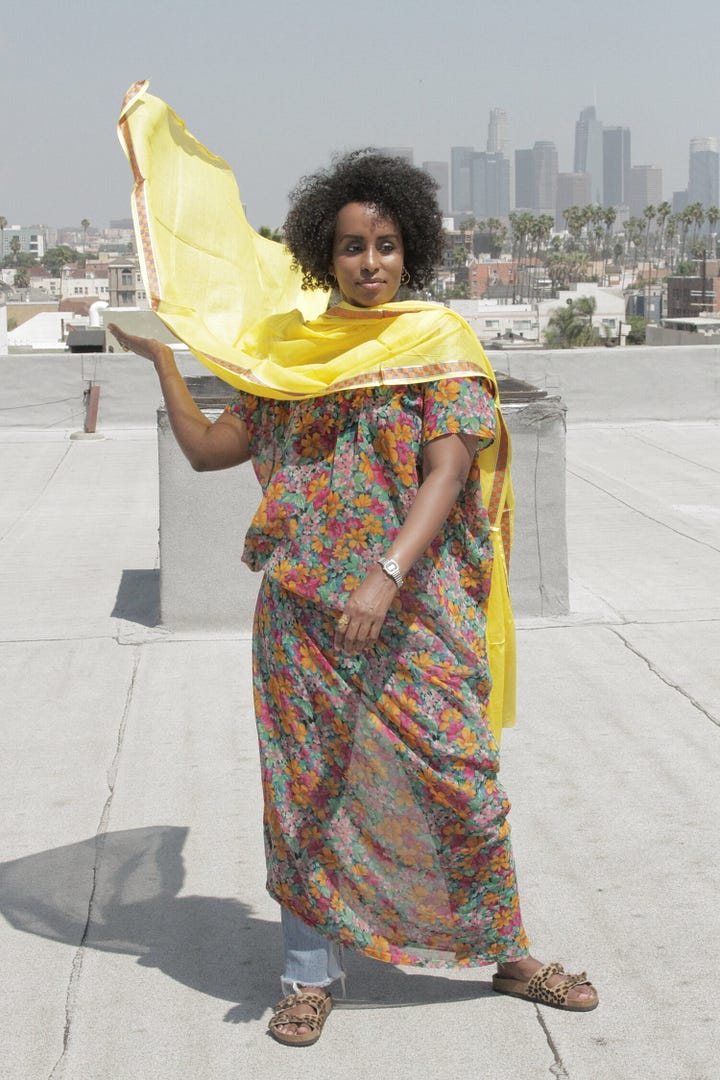
My name always made me stand out and all I wanted to do was fit in. We used to go on these field trips and at the end, we’d always stop by the souvenir shop. I’d watch with jealousy as my classmates found their souvenirs, a keychain with their name on it. I knew my name wouldn’t be there but I’d still go and look, just hoping & praying I would see a “Kafia”. When I didn’t, I would just shrug it off and be in utter denial that I was affected by it. And then there were standardized tests, ugh. I remember feeling so confused by the race and ethnicity question. At home, we were reminded that in America, black was African-American and we were Somali. At school, I was told I wasn’t “black black” and that I was African, *cue the african-booty scratcher jokes. So when it came time to make a selection, I couldn’t. I would ultimately tick other cause that’s what I felt. These seemingly small memories of feeling like “other” and missing from my native Somali culture and black American culture snowballed into a journey in search of identity and belonging.
It wasn’t until sometime during high-school that I started to like my name. It was becoming something I could own even though I couldn't own my blackness, or at least it felt that way. During college, I really leaned into my Somali roots. I figured if I could understand more, the why we are who we are, then maybe I’d go from liking my name to loving it. Conversations led me to wonder why did Somalis always talk about home as this magical place yet the media portrayed it as a hot mess? While my research helped me fall in love with my name. However, it also helped me realize just how powerful the media is and perhaps that is why I felt out of place and “other” in America.
By the time I moved to New York, I was already engulfed in trying to reconcile the worlds I lived in. On being Somali, I was very clear on that. I knew who I was. However, on being black, I was still peeling back the layers. I remember coffee shop convos with fellow 1st generation kids from Europe and talking about being black. I would lament on the fact that black in America is something very different than black outside of the U.S. African-American’s history in this country has produced a very real palpable identity of being black, and for me, that’s what made black synonymous with being African American. I didn’t feel like it was right for me to try encroach upon that, even though I experienced some of the very real black experiences, ranging from microagressions to overt racism. These debates led me to wonder more about my black identity in America, ultimately leading me to have candid conversations with my parents. My parents were always very clear that they were Somali but why did they not see themselves as black?
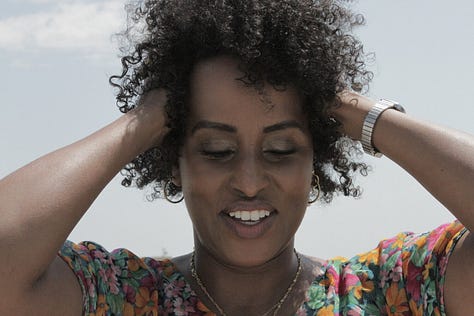
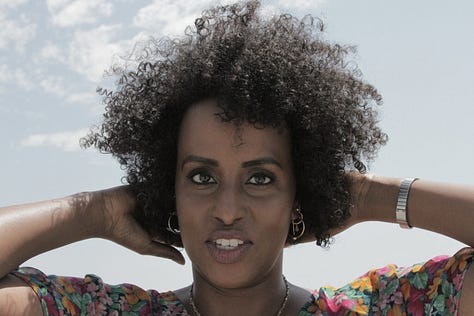
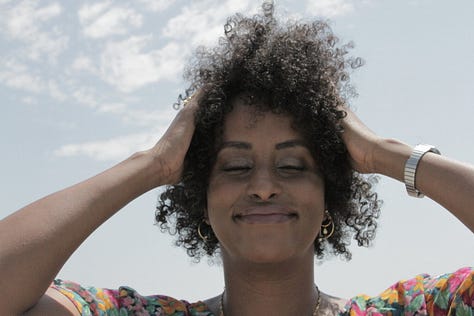
Even as I wrote my master’s thesis at NYU, the question still stuck with me. As I read The Warmth of Other Suns for inspiration for my paper, things finally started to fall into place. I started to learn more about systemic oppression because I clearly did not learn about that in middle school, high school, or at home. After learning this, I went and asked my parents about their younger days in Somalia to compare the timing. They told me stories of protests that erupted calling for the release of Angela Davis and how the NBA star, Kareem Abdul Jabbar, visited. The one question that stuck with me was, when did this change from mutual adoration to disassociation? The more I asked them about this era, the more I learned. What I saw was the media’s representation seeping into the minds of people all around the world. Without fully understanding the media’s assault on the black community in America, my Somali-immigrant parents didn’t want being Somali conflated with being black. But for me, as a 1st generation Somali-American, the two would always be entwined - being black and being Somali.
Since then, I wonder how many other 1st generation kids felt this pull between cultures. My mom once told me that my name means enough. It’s funny because I used to take that as a type of scolding, like “enough is enough”. But I think what she meant was, that when you’ve gotten all you wanted, you unexpectedly realize that it is enough. For me, the constant exploration of my black Somali identity is indeed enough.
To my younger self...
concept imagined, directed & produced by: me :) - @callmekafia
video & pictures by: Gretel Truong - @greteltruong
videos edited by: Nathalie Gordon - @photonathalie





